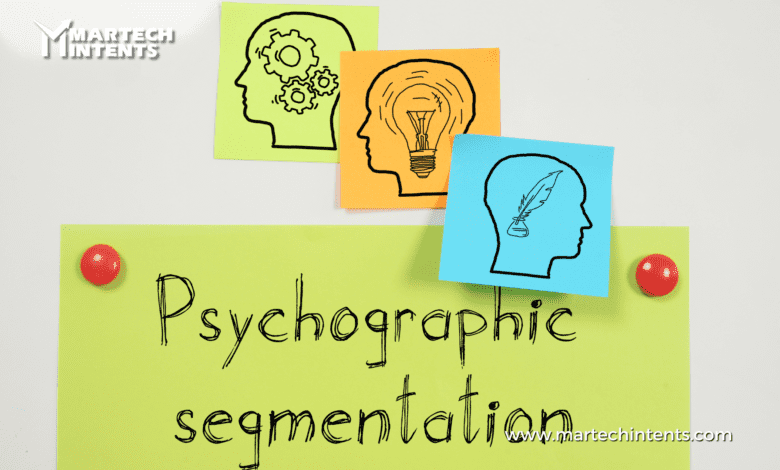The Power of Psychographic Data in Today’s Marketing

In today’s digital age, bombarding audiences with generic marketing messages is a recipe for disengagement. Consumers are bombarded with information, and businesses need to stand out. This is where psychographic data enters the scene. Psychographic data delves beyond demographics, venturing into the realm of beliefs, values, interests, and personality traits. By understanding these psychological aspects of your target audience, you can craft marketing campaigns that resonate on a deeper level, drive engagement, and ultimately lead to conversions.
Why Use Psychographic Data in Marketing?
Psychographic data offers a multitude of benefits for marketers:
Targeted Messaging: Craft marketing messages that speak directly to the aspirations, values, and interests of your ideal customer.
Enhanced Customer Segmentation: Go beyond demographics and segment your audience based on psychographics to create highly targeted campaigns.
Emotional Connection: Connect with your audience on an emotional level, fostering brand loyalty and advocacy.
Content Marketing Powerhouse: Develop content (articles, videos, social media posts) that aligns with your audience’s interests, informing, educating, and entertaining them.
Product Development and Innovation: Gain insights into customer preferences and desires to inform product development and innovation strategies.
Personalization Power: Personalize your marketing across various channels (website, email, social media) to create a more relevant and engaging customer experience.
Understanding Psychographic Data Categories:
Psychographic data encompasses a variety of categories:
- Values: What principles and moral compass guide your audience’s decision-making?
- Interests: What are their hobbies, passions, and preferred leisure activities?
- Lifestyles: How do they spend their time? What are their aspirations and goals?
- Attitudes: What are their opinions and beliefs about pertinent social issues and industry trends?
- Personality Traits: Are they extroverted or introverted? Risk-taking or security-seeking? Understanding these traits can help tailor your marketing approach.
How to Gather Psychographic Data:
There are several methods to acquire valuable psychographic data:
Market Research Surveys: Conduct surveys specifically designed to gather insights into your target audience’s psychographics.
Social Media Listening: Monitor social media conversations to understand your audience’s interests, opinions, and brand sentiment.
Website Analytics: Analyze website behavior data to identify content preferences and areas of interest.
Customer Reviews and Feedback: Pay close attention to customer reviews and feedback to glean insights into their values and perceptions.
Focus Groups and Interviews: Engage in focused discussions with representative audience members to gain a deeper understanding of their motivations and decision-making processes.
Utilizing Psychographic Data Effectively:
Here’s how to translate psychographic data into actionable marketing strategies:
Develop Buyer Personas: Create detailed buyer personas that incorporate both demographic and psychographic data to represent your ideal customer.
Craft Compelling Content: Develop content that aligns with your audience’s interests, values, and preferred content formats (articles, videos, infographics).
Targeted Advertising: Leverage psychographic data to target advertising campaigns on social media platforms and search engines, reaching the right audience with the right message.
Personalize the Customer Journey: Personalize your marketing communications across all touchpoints (website, email, social media) based on your audience’s psychographics.
The Future of Psychographic Data:
The future of psychographic data is brimming with potential:
Advanced Data Analytics: Expect advancements in data analytics that extract deeper insights from psychographic data, enabling highly personalized marketing strategies.
AI-powered Marketing: Leverage artificial intelligence (AI) to personalize content recommendations, tailor ad experiences, and dynamically adjust marketing messages based on real-time psychographic data analysis.
Ethical Considerations: As psychographic data becomes more sophisticated, ethical considerations regarding data privacy and responsible marketing practices become paramount.
Learn more about Unveiling Insights with Data Visualization Tools
By harnessing the power of psychographic data, businesses can transform their marketing efforts. Move beyond demographics and delve into the hearts and minds of your audience. Craft marketing messages that resonate, build genuine connections and achieve sustainable marketing success in the ever-evolving digital landscape. Start your journey into the fascinating world of psychographics today!




